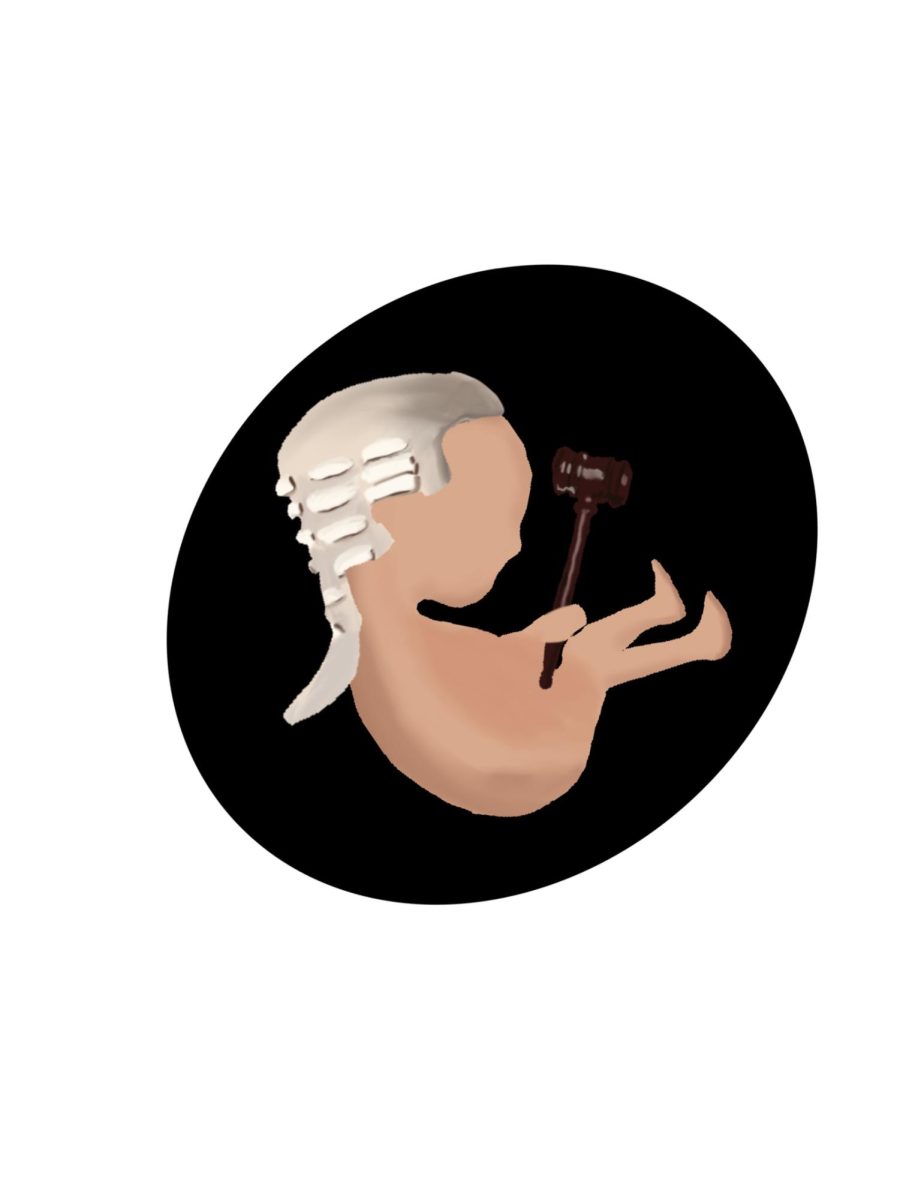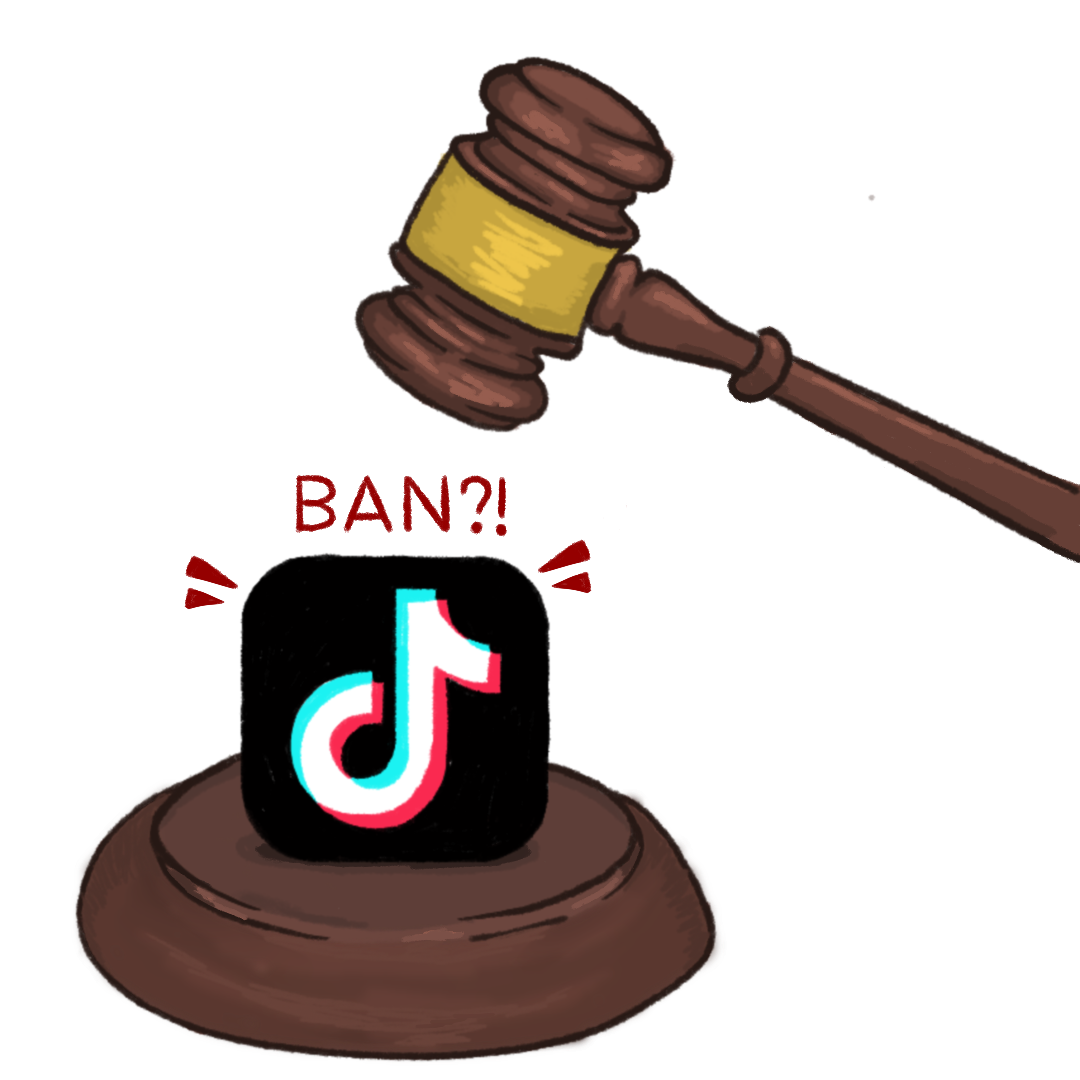Squatting in America dates all the way back to the nineteenth century. Back then, farmers who could not afford to purchase parcels of land from the federal government moved west and squatted until the title owner showed up to dispossess them. Today, squatters’ rights exist and they serve to ensure the utilization of abandoned property and protect occupants from wrongful evictions. These rights fail to fulfill their former function and have led to increased conflicts, in New York City (NYC) especially, between squatters and property owners called squatter standoffs.
In Queens, New York, a woman was arrested after yet another squatter standoff. Adele Andaloro was in the process of selling her inherited home when squatters moved in on Feb. 6, changed the exterior doors and refused to leave. Andaloro showed up at her home with the land deed proving she was the owner. She kicked out the two squatters, one who claimed to have moved in two days ago and another who had a maintenance receipt as evidence he lived at the house. Andaloro immediately had a locksmith change the door locks despite police warning her against it.
According to squatter laws in New York, after 30 days, squatters can claim tenant’s rights and can only be removed from the property via the full eviction process. Changing the locks on a tenant’s home, deliberately shutting off utilities or removing a tenant’s belongings are all criteria for an unlawful eviction, which is a crime. The squatter with the receipt, named Brian Rodriguez, returned to the home, and the police soon followed. Andaloro locked Rodriguez out of the house he claimed to be residing in for over 30 days, and she was arrested for unlawful eviction.
While it feels entirely outrageous that someone can show up at their own home with a land deed in hand and not be able to remove a squatter who claims to live there with a maintenance receipt as evidence, it also indicates a greater issue at hand. There is an extreme lack of affordable housing, and opportunities to build more are being overlooked.
In 2002, after a squatting movement in the 1980s and 1990s, the borough of Manhattan formulated a plan to sell its abandoned buildings occupied by squatters to a non-profit, the Urban Homesteading Assistance Board, for one dollar each. The non-profit would then take out loans to bring the dilapidated buildings up to code and convert them to low-income limited-equity co-operatives. The illegal squatters would then become indebted homeowners. By 2013, only five of the 11 buildings had been converted into co-ops.
This was a perfect opportunity to kick start a movement to convert abandoned, city-owned buildings into affordable housing, but it fell through. As of 2015, NY owned 1,131 vacant lots.
With 62,692 homeless people sleeping in NYC homeless shelters and 79,190 vacant rental units, it is no surprise that NYC has such a significant squatter problem. Rather than sleep on the street, exposed to the elements, homeless individuals opt to squat in vacant or abandoned properties. If they stay there long enough, they gain tenant rights, making it harder for property owners to evict them and leading to squatter standoffs. The way to resolve the rampant squatter problem is to tackle the affordable housing problem.













